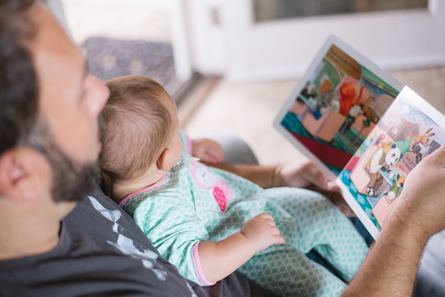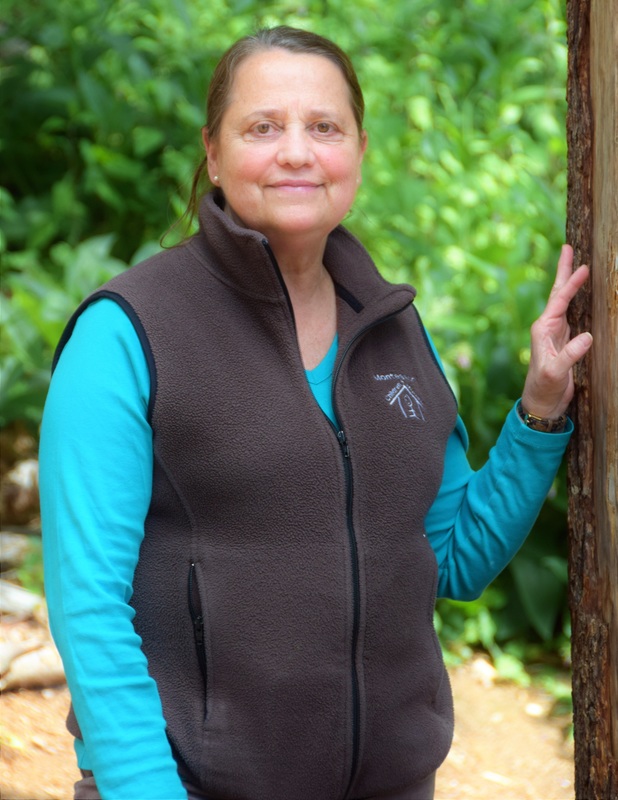 "It is thought that one neuron, because of expansive dendritic branching, can connect with as many as one thousand other neurons at any given moment.” - Carl Sagan Definition: Neurological development is the growth of all the structures of the brain and cognitive development is “what we do with what we got.” The time between birth and three years old is a crucial time in an individual's brain development, with most neurological growth taking place during this time. The habits and experiences cultivated by parents and primary caregivers of young children during this period have a long-lasting impact on a child's brain and overall health. Time Frame: Early childhood neurological development occurs from conception until age 6. Brain nerve cells form before birth and continue to develop during the first six years of life. Research has shown that 75 percent of neurological growth takes place during this time. Process: The brain nerve cells formed before birth are like wires to be connected, with each connection signifying neurological development. These connections occur each time a child experiences sensory stimulation such as being held, touched, read to, or played with. A child’s interest in certain activities, sights, sounds and objects will determine how quickly neurological connections form. Once the primary neurological pathways are established, around age 8 months, a child is ready to develop the basis for language, intelligence, sociability and curiosity. The process is directly related to sensory integration – taking in information – processing the information – and putting out information. Considerations: · Parents and caregivers have the responsibility of cultivating a child's neurological development by interacting with the child on a regular basis and especially in times of need, such as when a child is sick or upset. · More than anything, babies need human interaction. They need emotional stimulation – not intellectual stimulation. · Optimum neurological development is dependent on a young child receiving adequate sleep, a nutritious diet and regular exercise. · The actions that primary caregivers take or fail to take can have an enormous impact on a child's development. For example, children who are held and calmed during stressful times are less likely to resort to violence later in life. Similarly, a child who is read to at a young age is more likely to have success in reading. Playing with an infant or young child helps to stimulate that child's cognitive reasoning and development. · Neurological development contributes significantly to the acquisition of physical skills in young children. · Understanding how the brain works helps us to best understand the rest of a young child’s development. · Every child will go through every stage of development - some faster and some slower. Fully realized cognitive ability will not occur any earlier than 18 years. · The brain is never really finished forming, even an adult’s brain chemistry changes every day with each new occurrence. Reptilian Complex or “The world of Habit”: A leading brain researcher named Dr. Paul MacLean referred to the innermost core of the brain that regulates behaviors so basic to life that even reptiles have them, as the “reptilian complex.” He said that these basic behaviors are often thought of as habits and that the three key reptilian habits of ceremony, repetition, and routine are very important elements in good teaching and good parenting. Research proves that children thrive on these habits and in fact are lost without them. · Ceremony – enables a child to feel “a feeling of specialness”. Examples: Give them a fresh flower, a hug, one on one time with you, a special bedtime song, etc. · Repetition – is practicing something over and over. Children will do this when they really want to learn a new skill. · Routines – children are dependent on a daily schedule in order to make sense of life. A routine lowers stress levels in children. Important facts to consider regarding the cognitive development of toddlers:
Some ways to promote neurological development:
1 Comment
|
Kim BerudeInfant/Toddler Program Director Archives
November 2018
Categories |
|
Montessori Children's House
5003 218th Ave. NE Redmond, WA 98053 Phone: 425-868-7805 [email protected] For Records Requests, please reach out to [email protected]. |
Founded in 1987
|


 RSS Feed
RSS Feed
